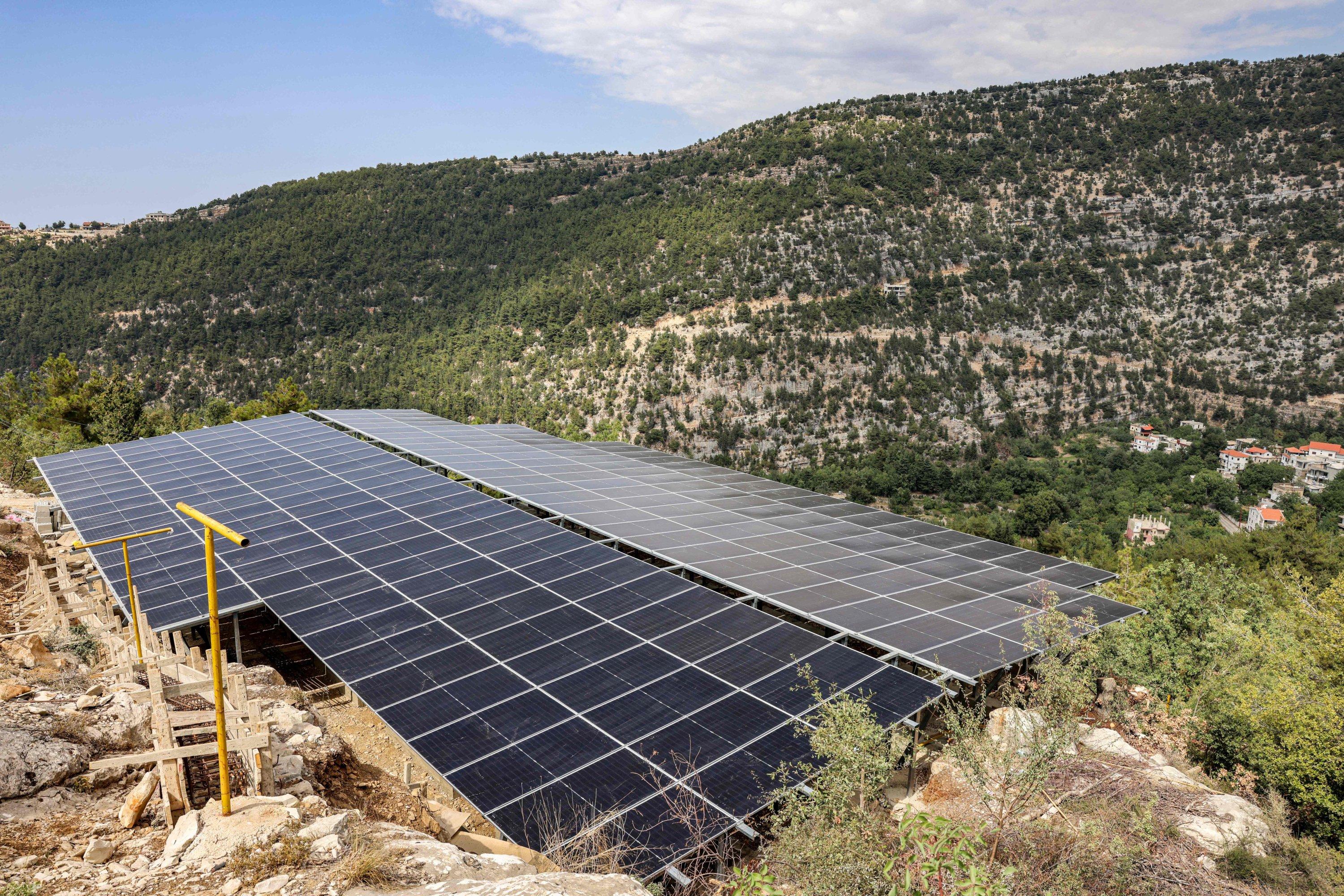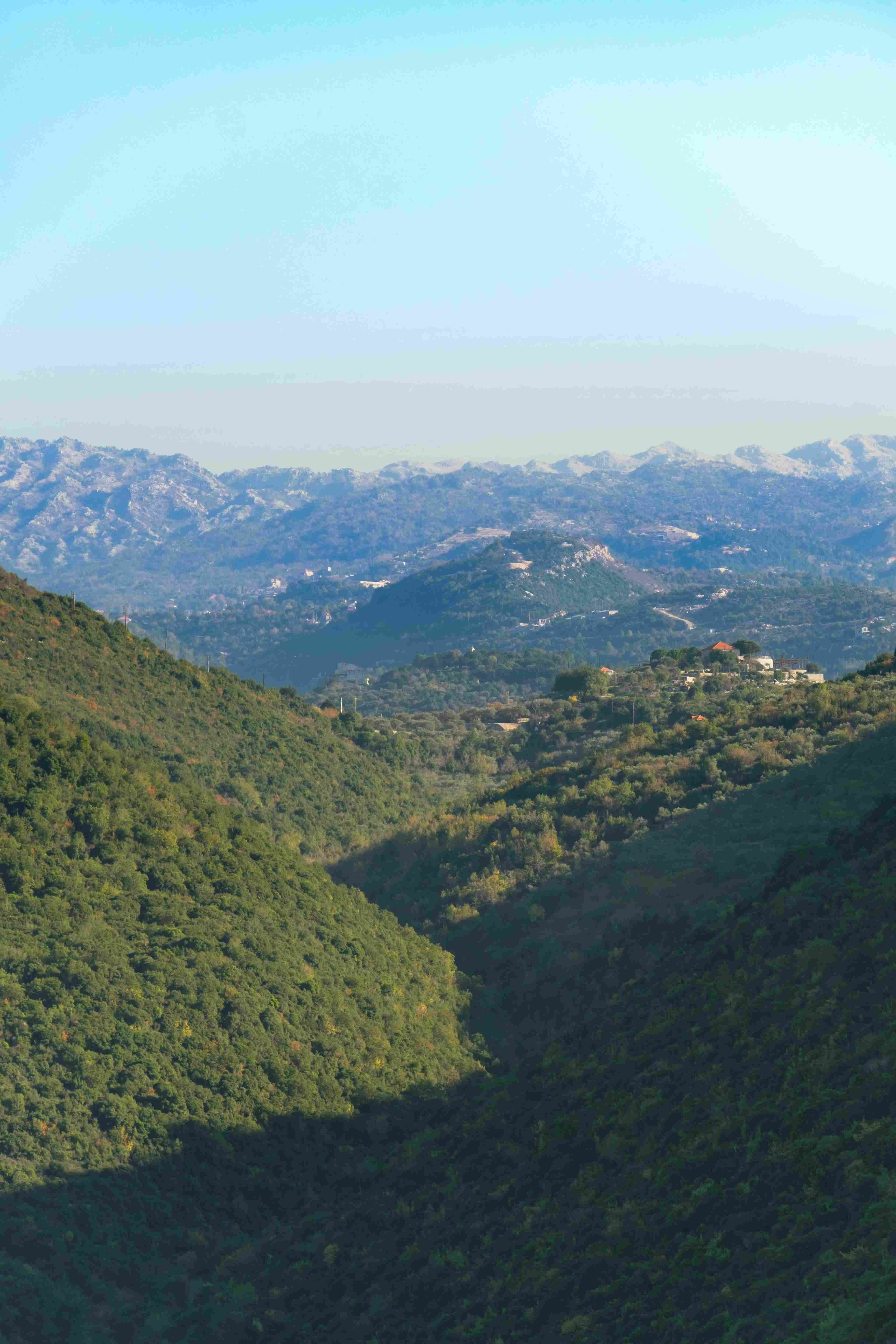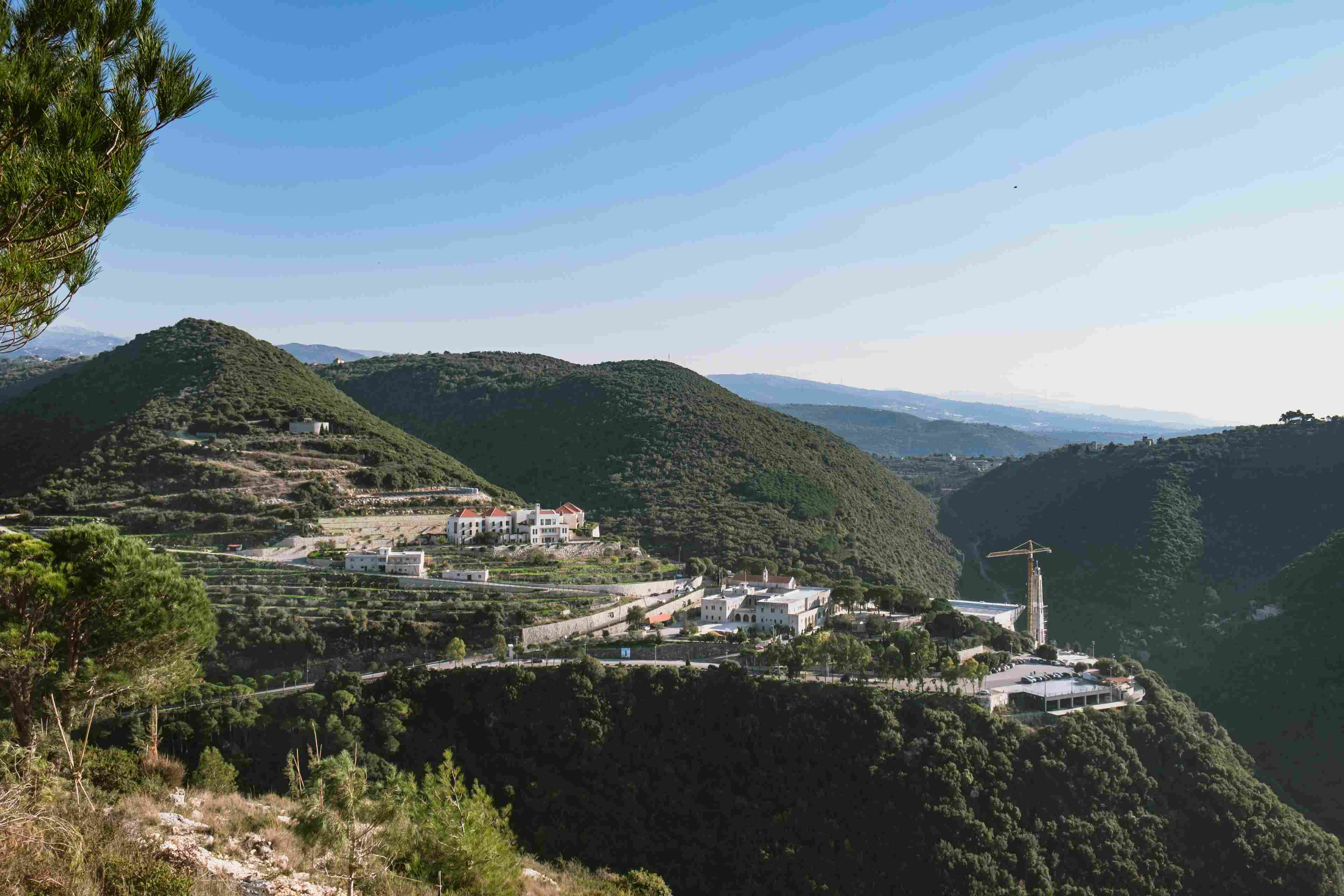
Beirut, Lebanon (Enmaeya News) — Lebanon’s solar energy market is showing signs of saturation after a massive surge in imports in 2022, with new data revealing a sharp decline in the value and volume of imported solar equipment over the past two years.
According to Lebanese Customs figures, imports of solar equipment — including panels, batteries, and inverters — fell to just $58 million in the first few months of 2025. That marks a 15-fold drop compared to the same period in 2022, when imports peaked at $865 million, including $417 million worth of solar panels alone.
In the first half of 2025, solar panel imports totaled $21 million, covering roughly 11,000 tons of equipment. That’s down from $75 million and 34,000 tons in the same period in 2024 — a 72% drop in value.
Compared to 2023, when panel imports reached $123 million, the decline stands at 83%.
Market Saturation Hits Home Installation
Importers of solar energy systems noted that most homeowners who could afford solar installations have already done so, suggesting the residential market is nearing — or has already reached — saturation.
This downturn coincides with falling prices for solar panels. The cost per watt has dropped from 45 cents in 2022 to just 14 cents in 2024 and 2025.
Shift Toward Large-Scale Commercial Projects
With household installations slowing, industry players say the market is now pivoting toward large-scale commercial and industrial projects. Businesses are investing in solar systems to reduce daytime energy costs — typically opting for setups without batteries.
War Damage Doesn’t Boost Solar Demand
Despite damage from the ongoing Israeli attacks on Lebanon, which destroyed or damaged thousands of solar panels, demand for new installations has not increased.
In Beirut’s southern suburbs alone, the National Council for Scientific Research found that 29% of rooftop solar panels were damaged, including 6% that were completely destroyed. However, traders say most residents have avoided repairs.
Some families have yet to return to their destroyed homes, while others remain reluctant to reinvest in equipment that could be lost again due to the ongoing conflict.
Some homeowners are now selling their rooftop systems instead of restoring them. Panels salvaged from damaged buildings are resold for up to $50 each, netting sellers up to 66% profit in some cases.
Cleaning Panels Becomes New Solar Niche
With new installations slowing, many solar technicians have pivoted to providing panel cleaning services, a growing niche in urban areas.
Dust buildup can reduce panel efficiency by 15% to 30%, which makes it important to maintain regular maintenance.
Cleaning costs typically range from $2 to $4 per panel, depending on height, installation method, and access tools. In dense cities like Beirut, workers often rely on ropes and basic harnesses to reach rooftop systems, raising concerns over safety.
As Lebanon’s solar boom cools, the industry is adapting, shifting from a residential gold rush to a more specialized, safety-challenged service economy.






